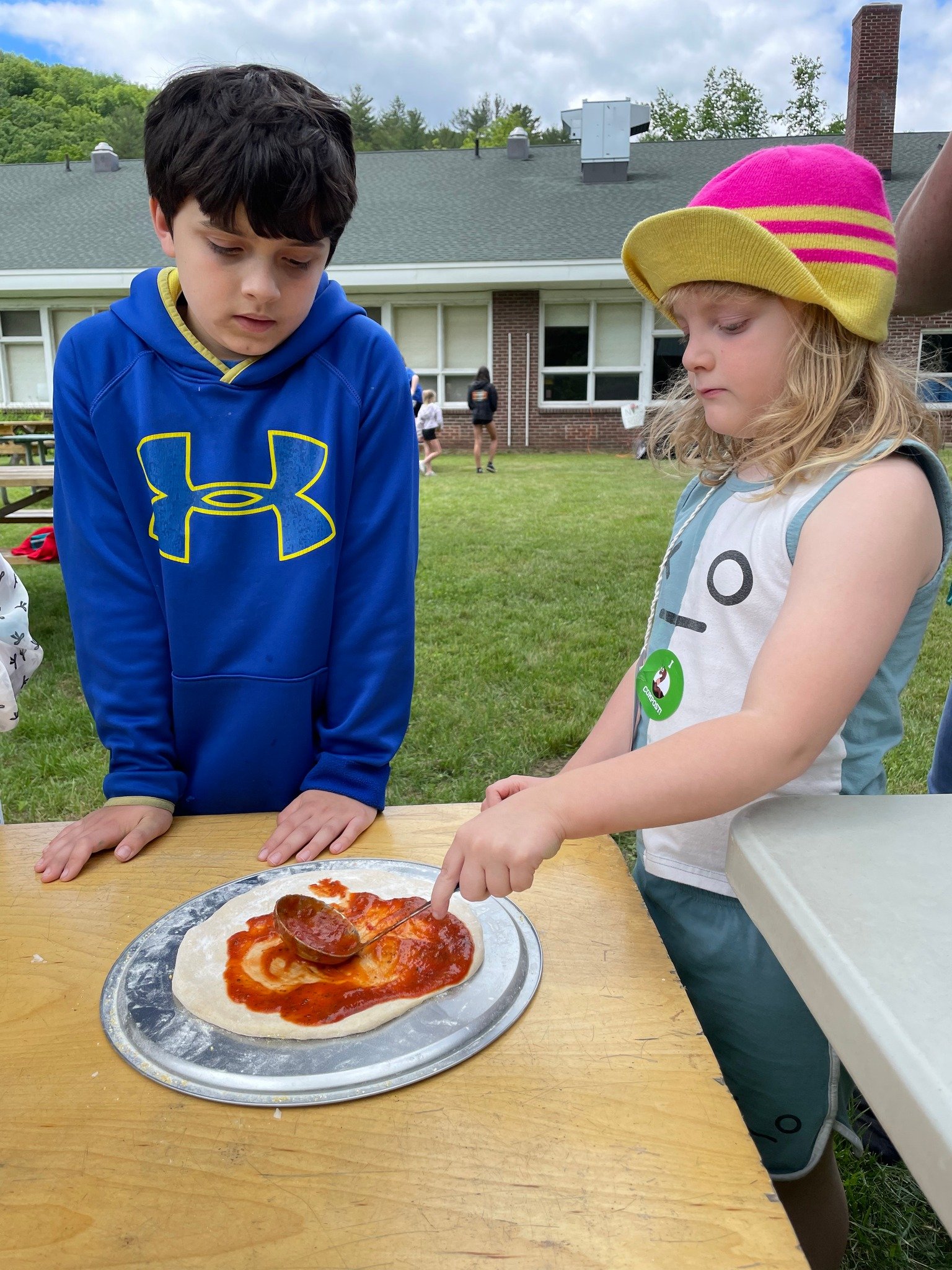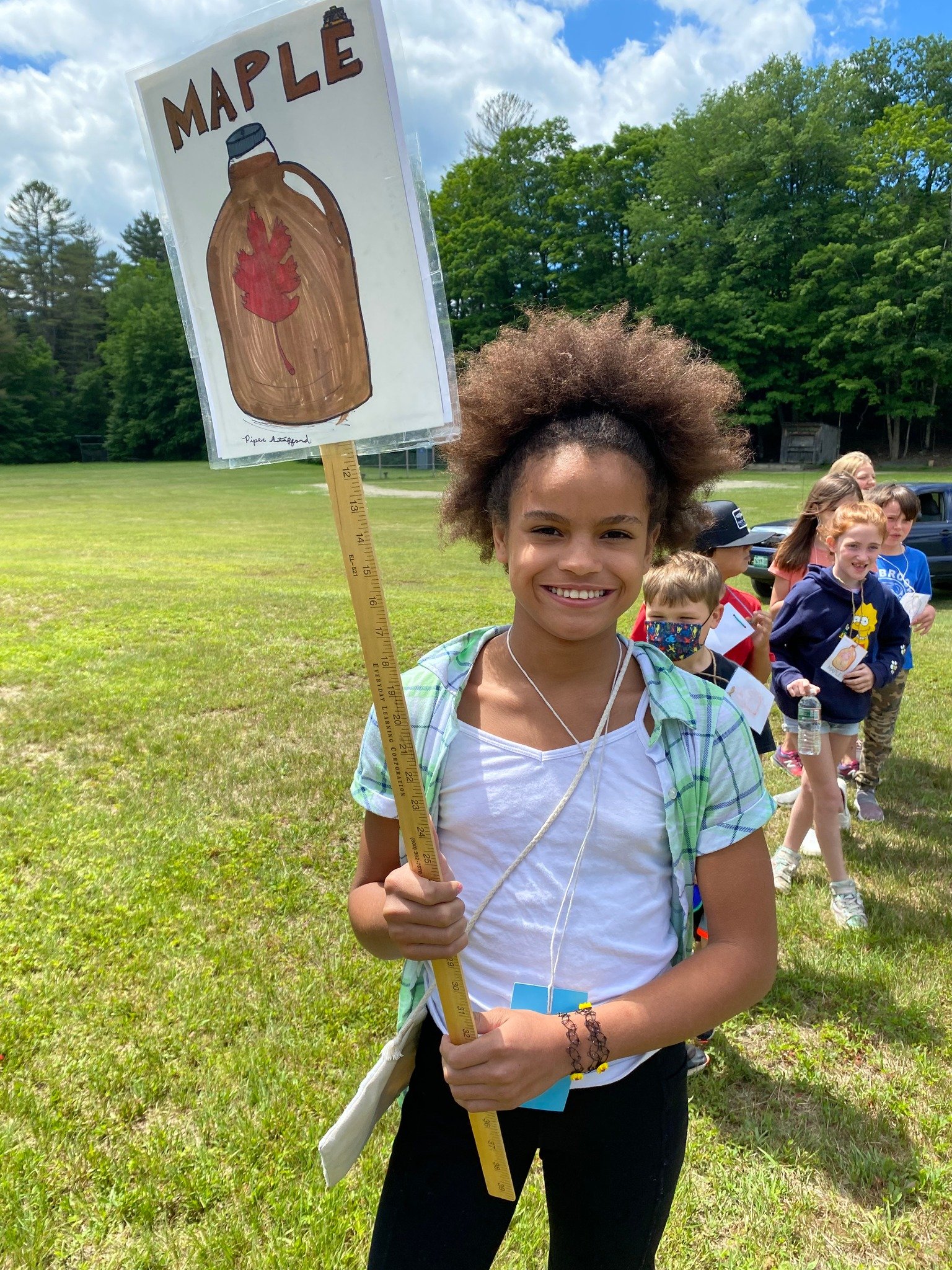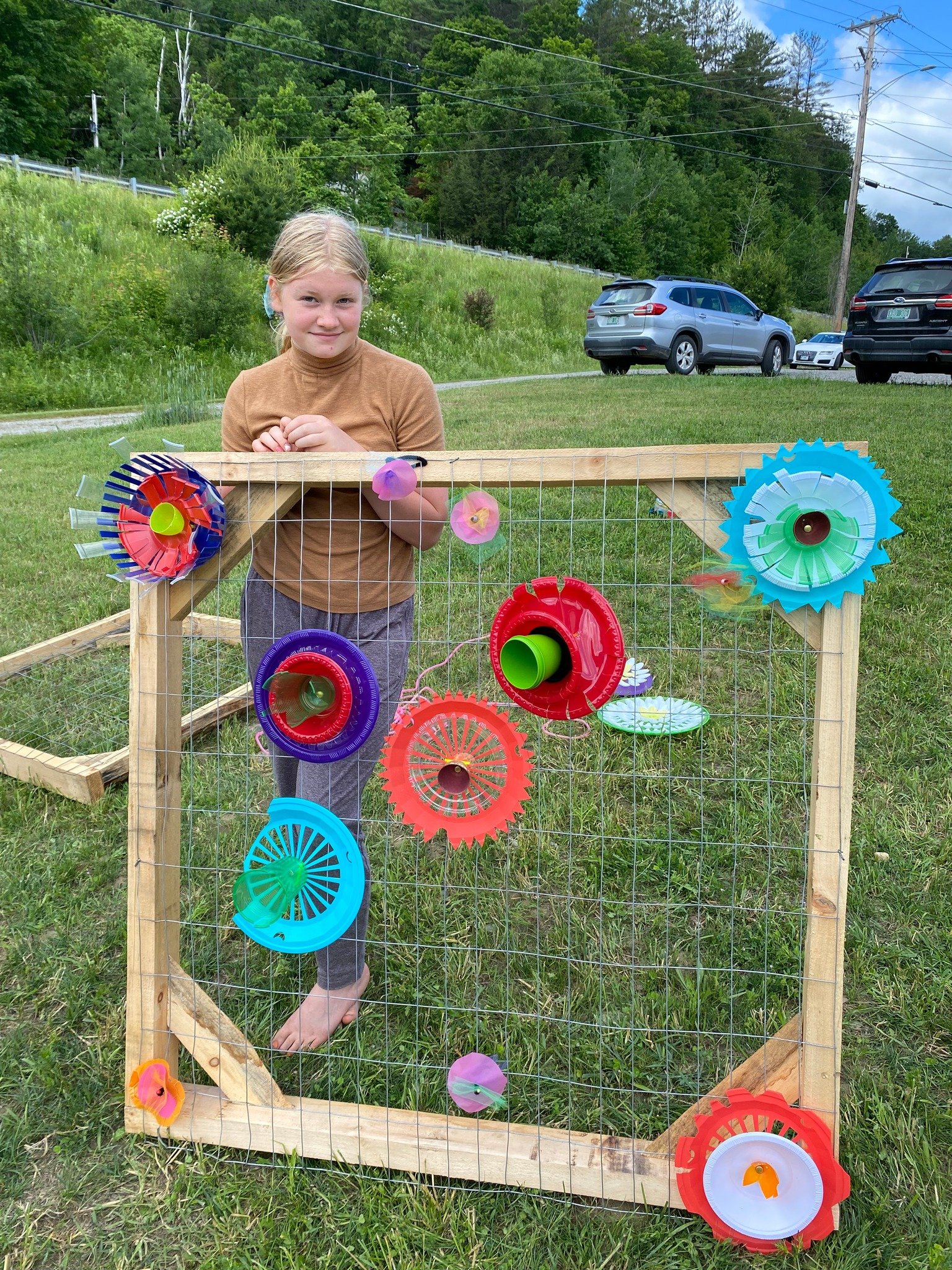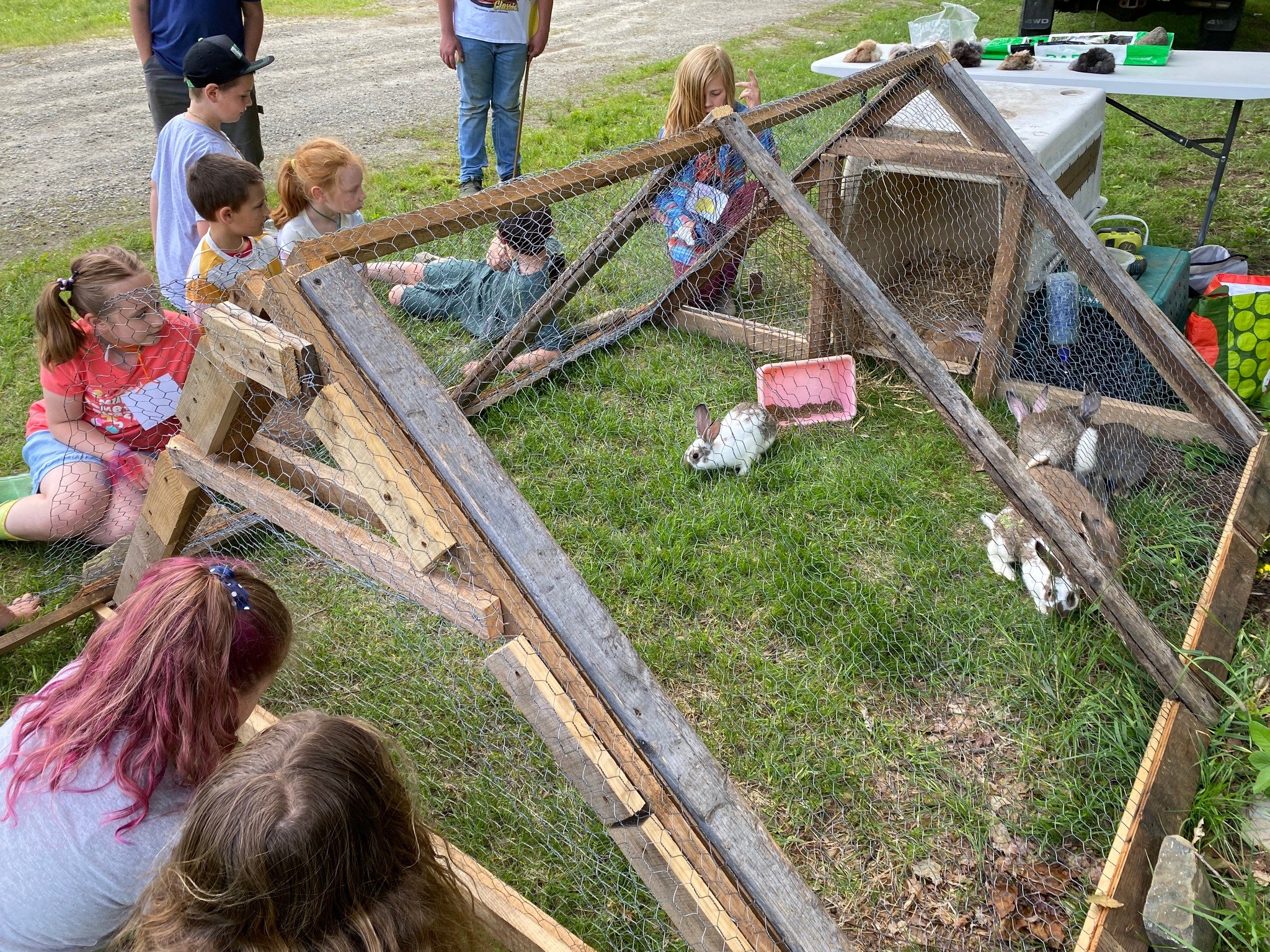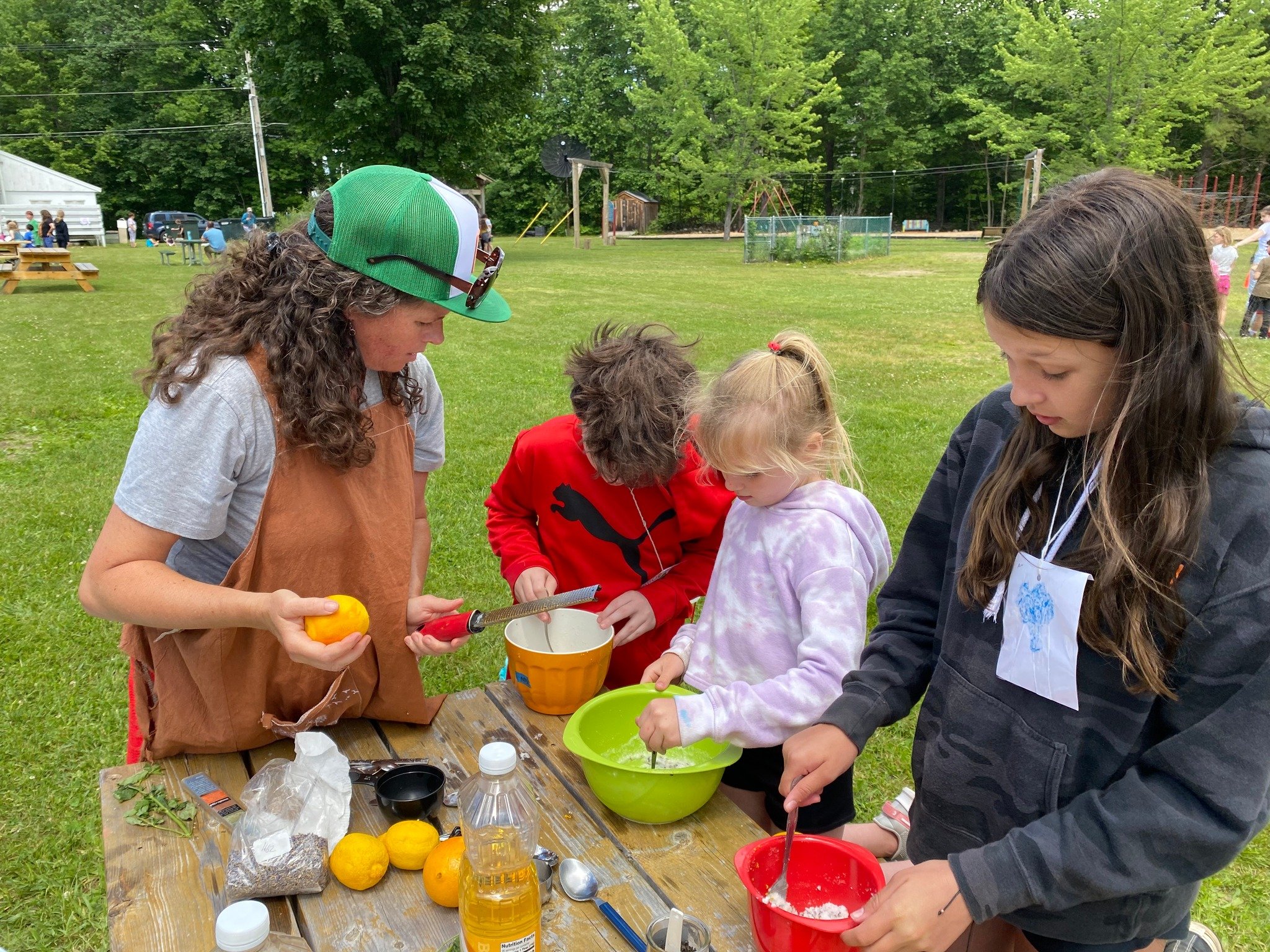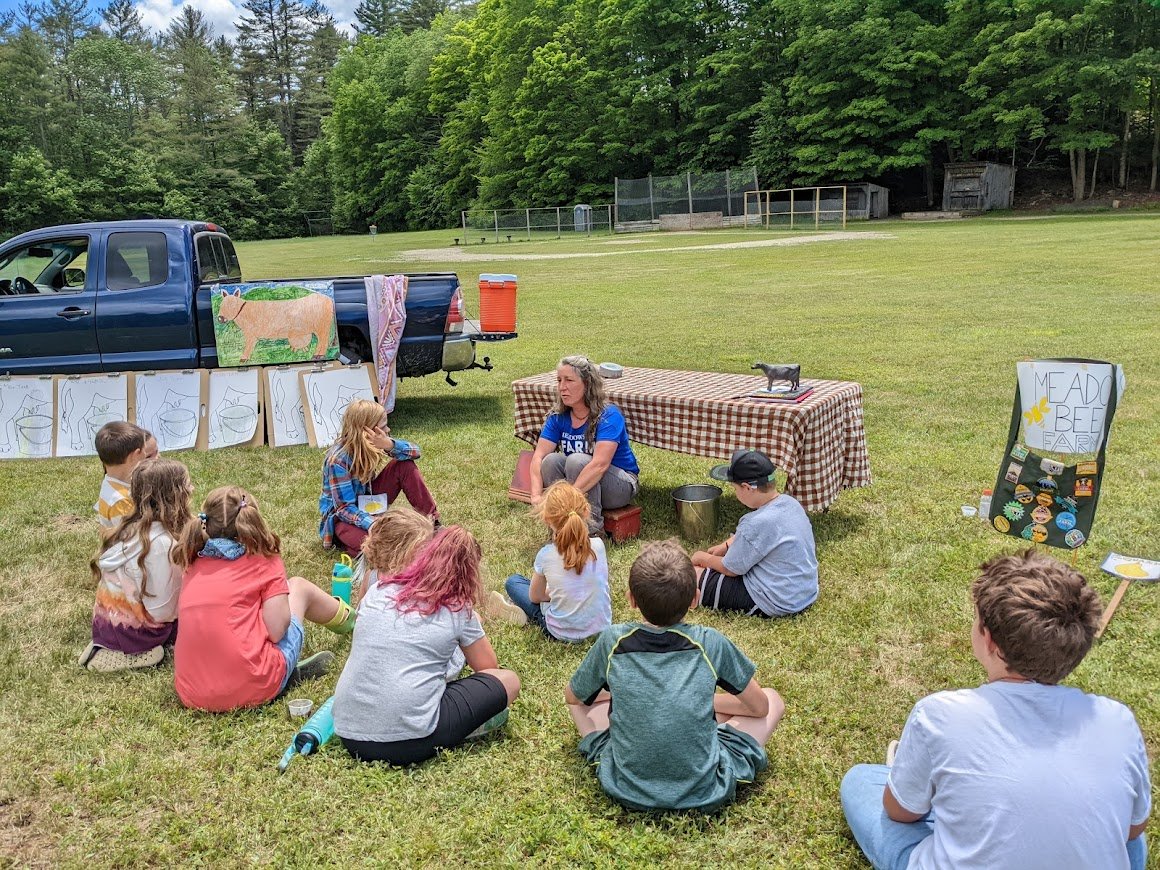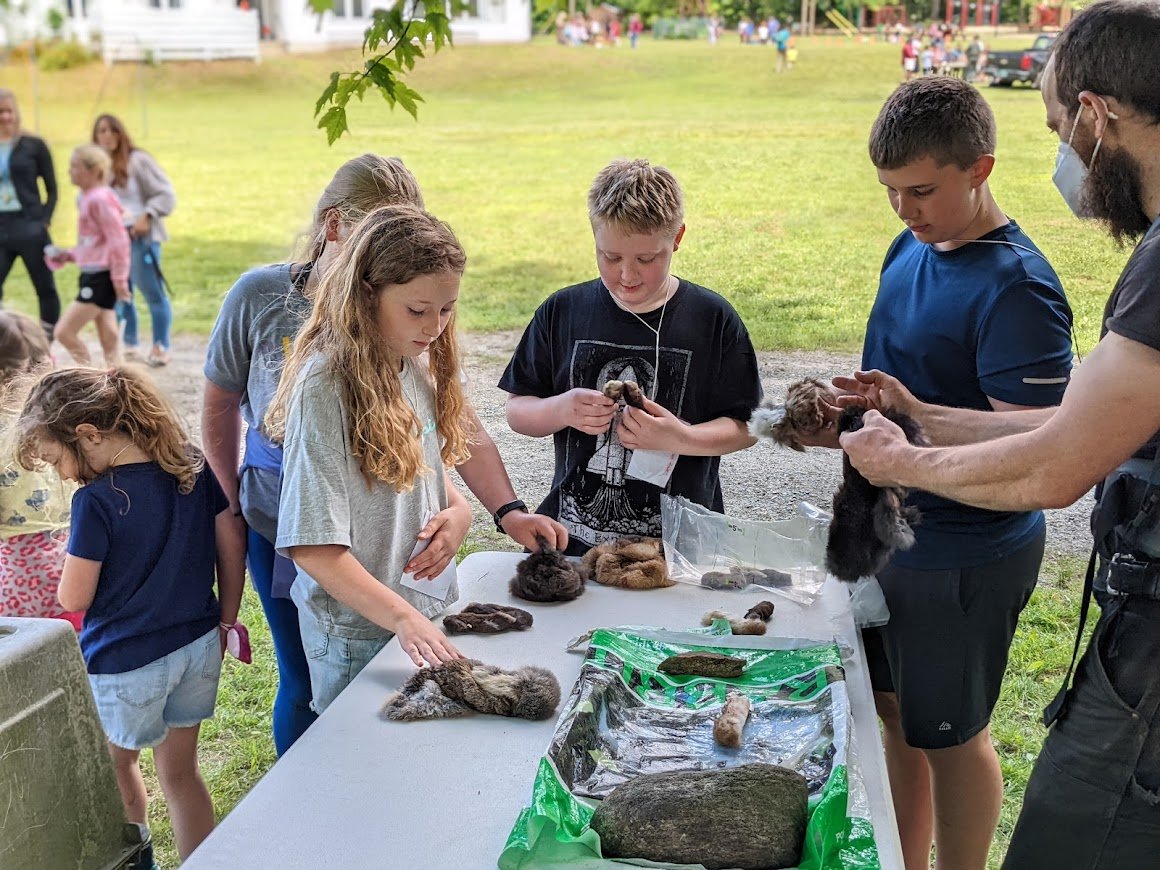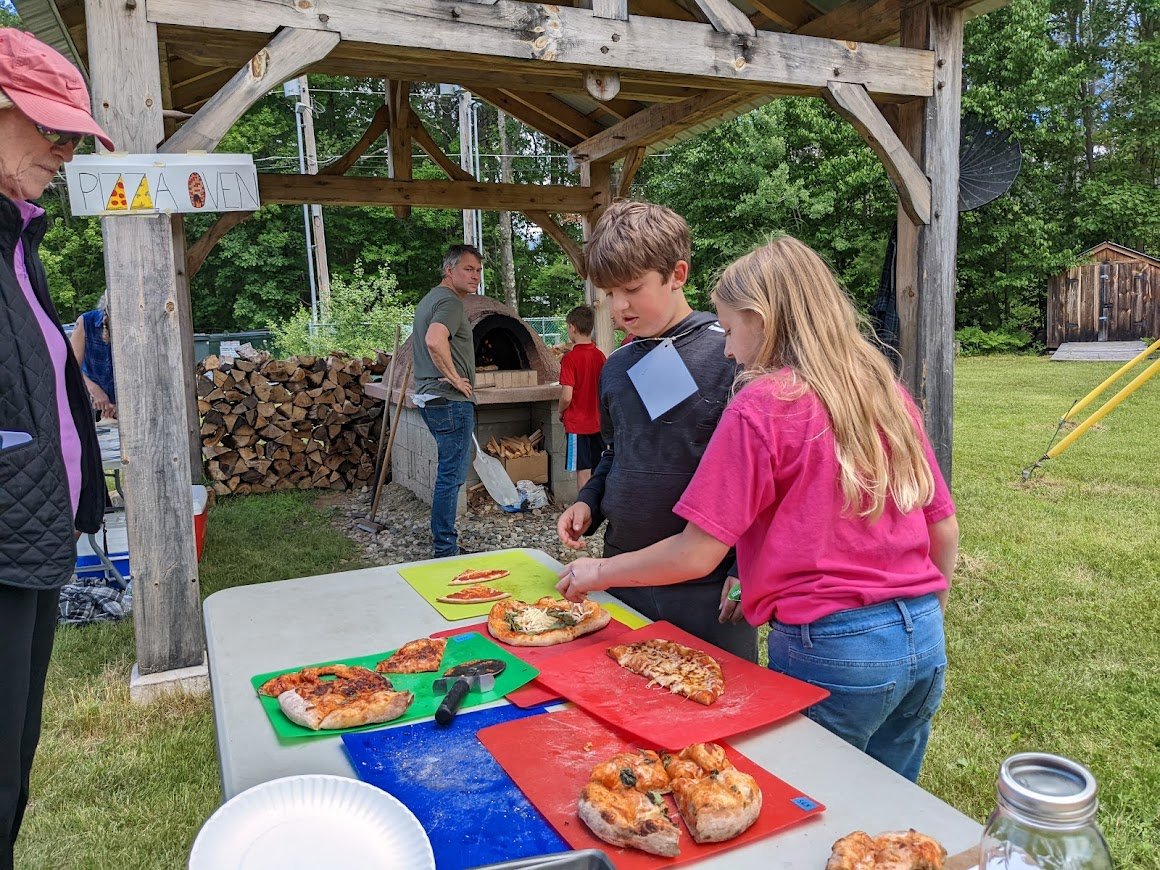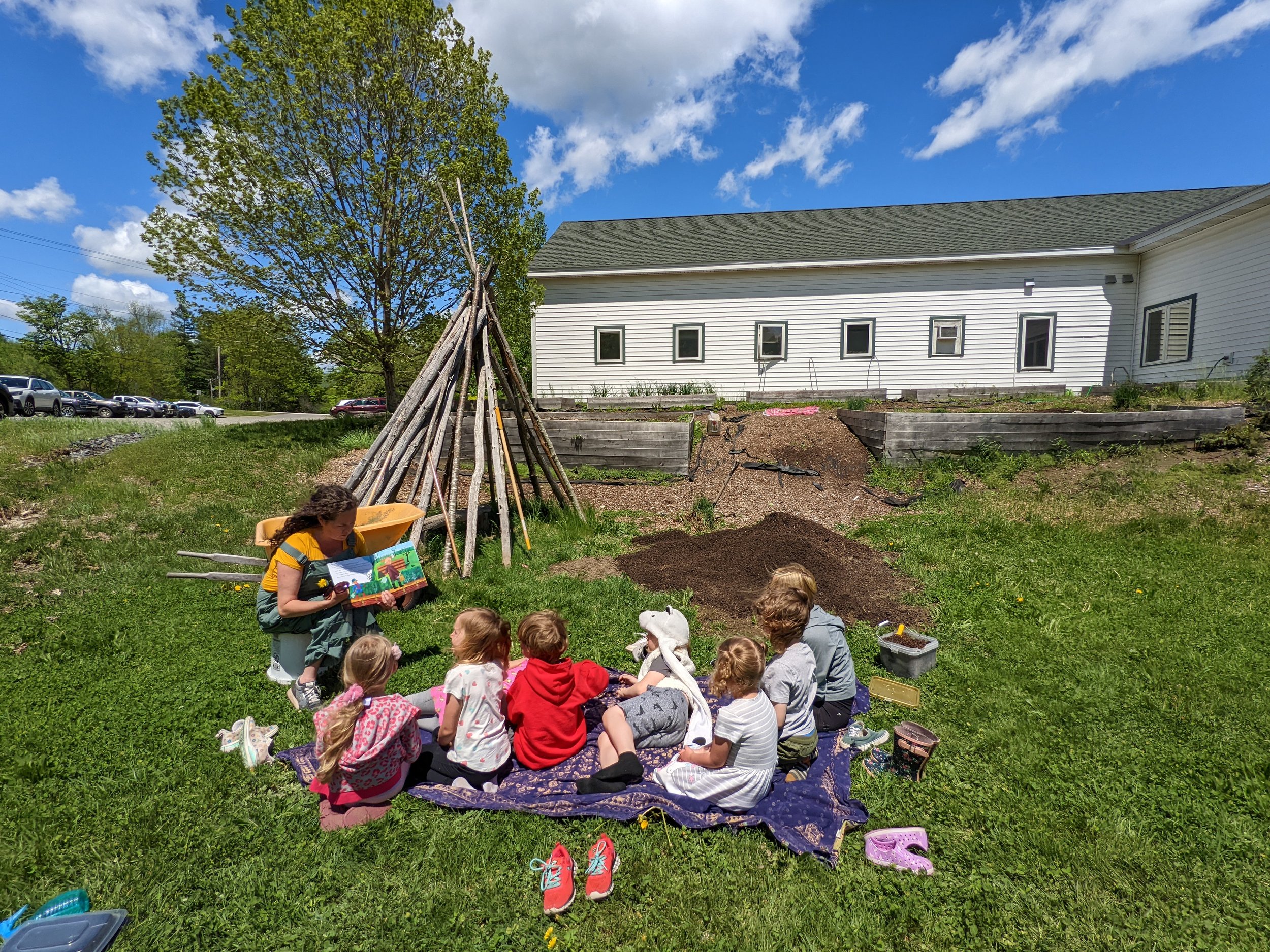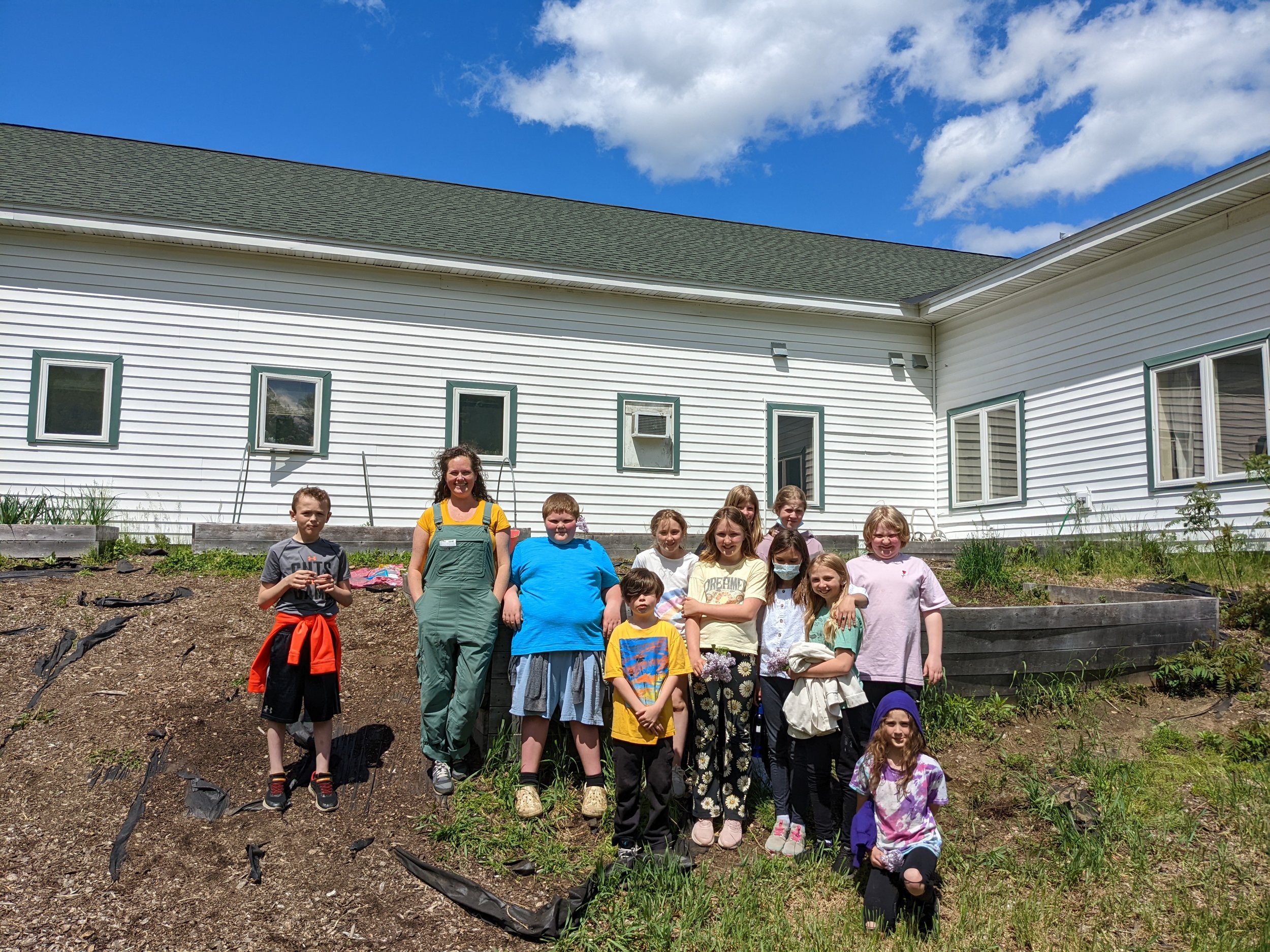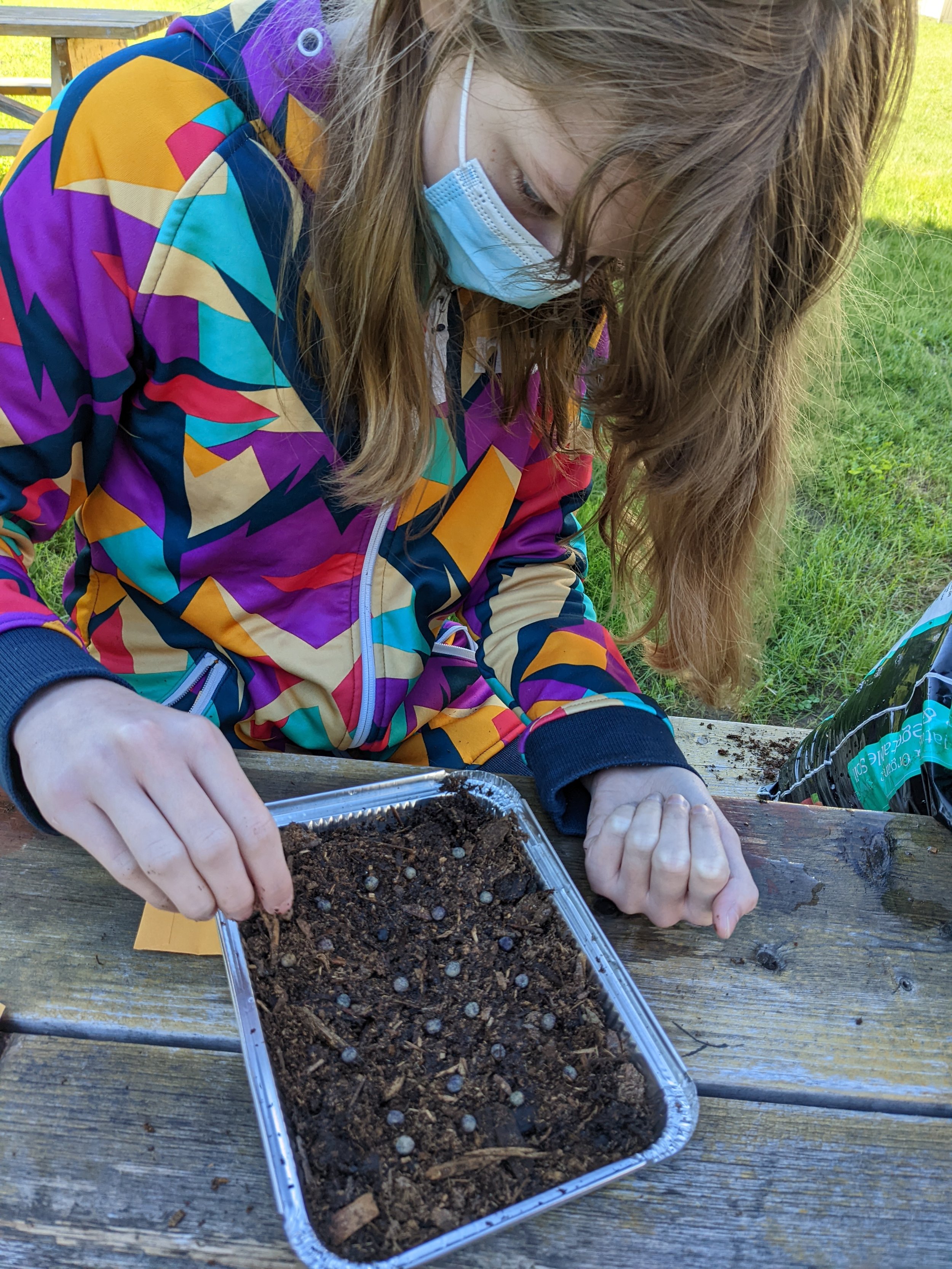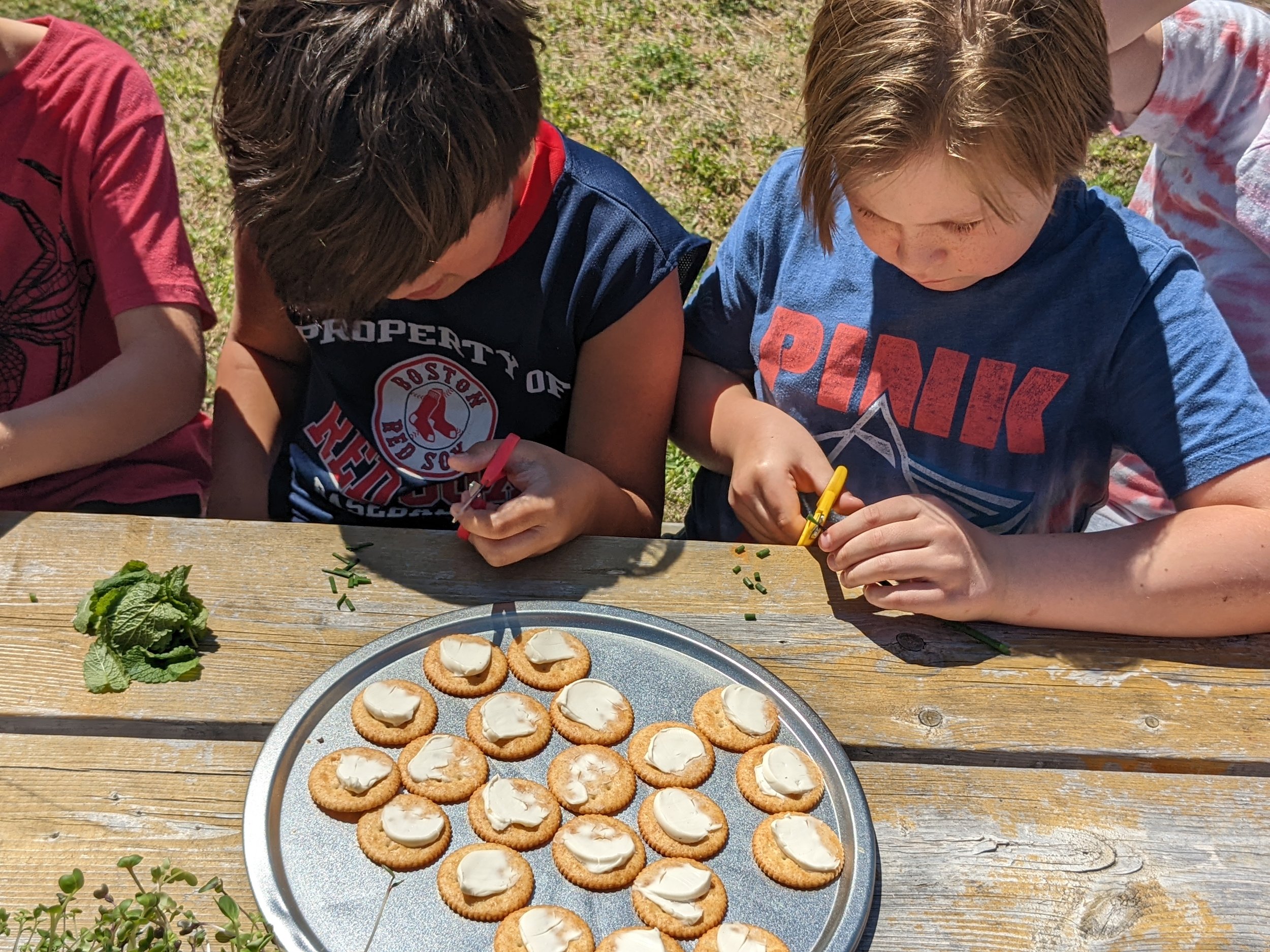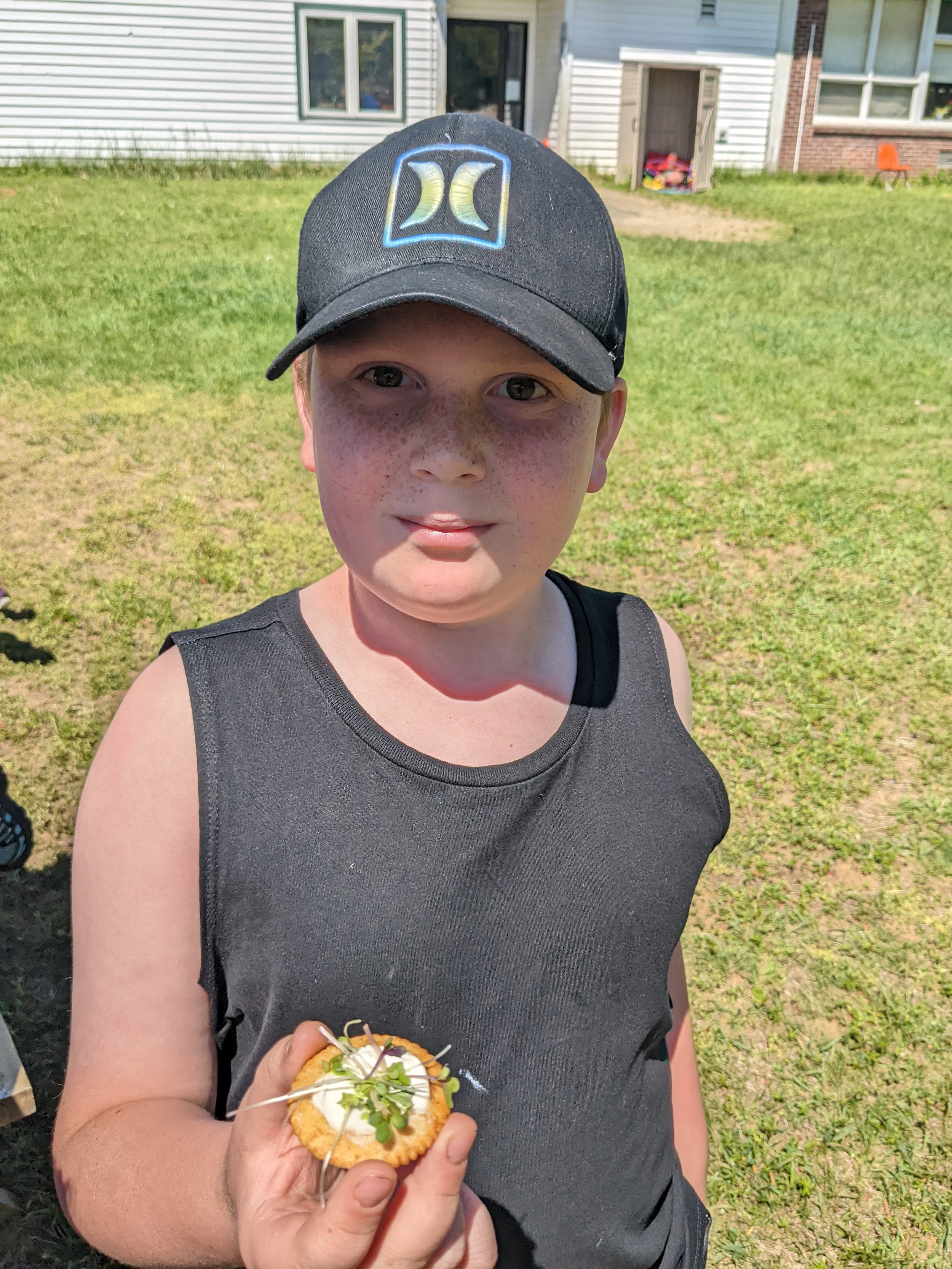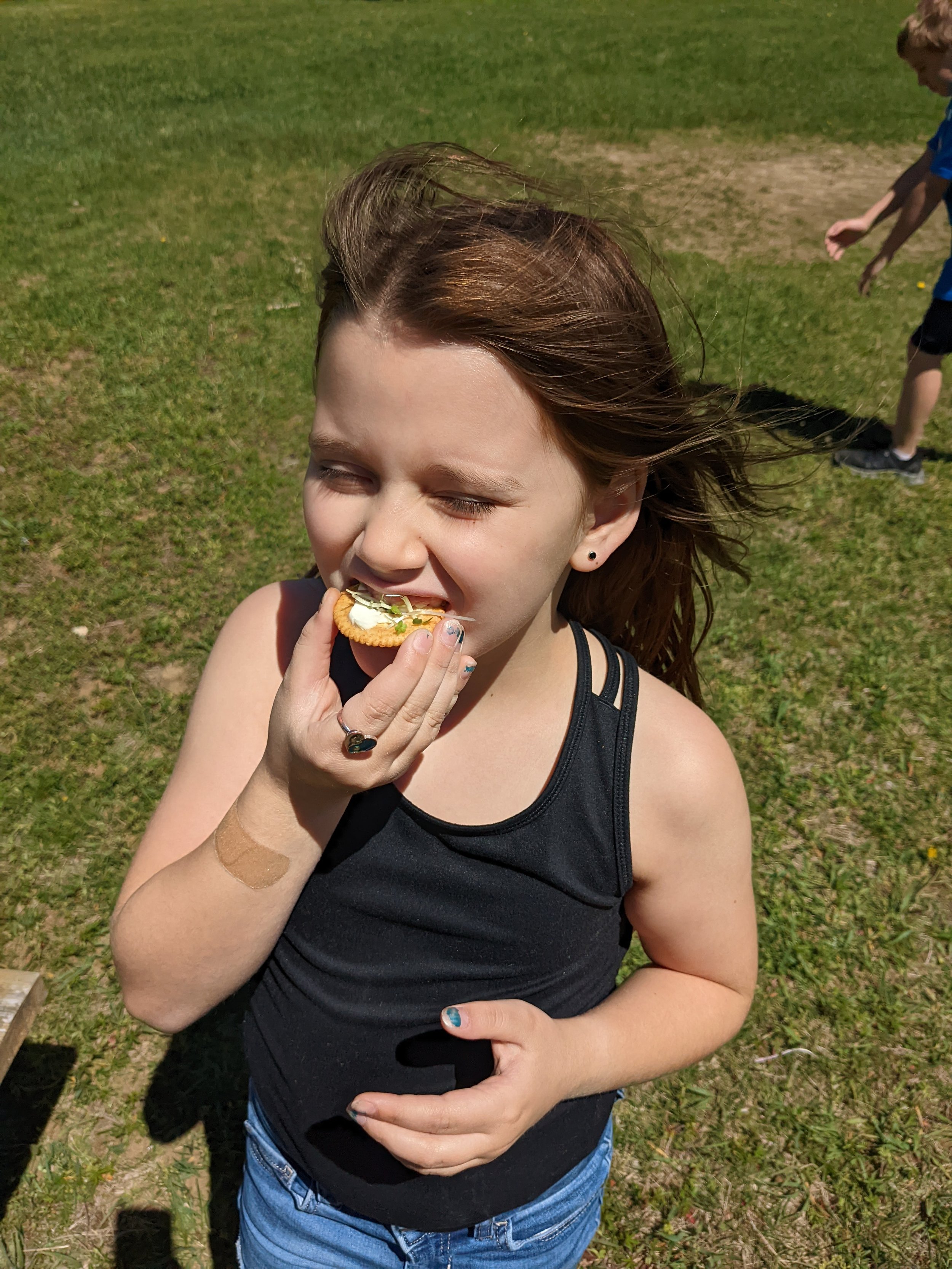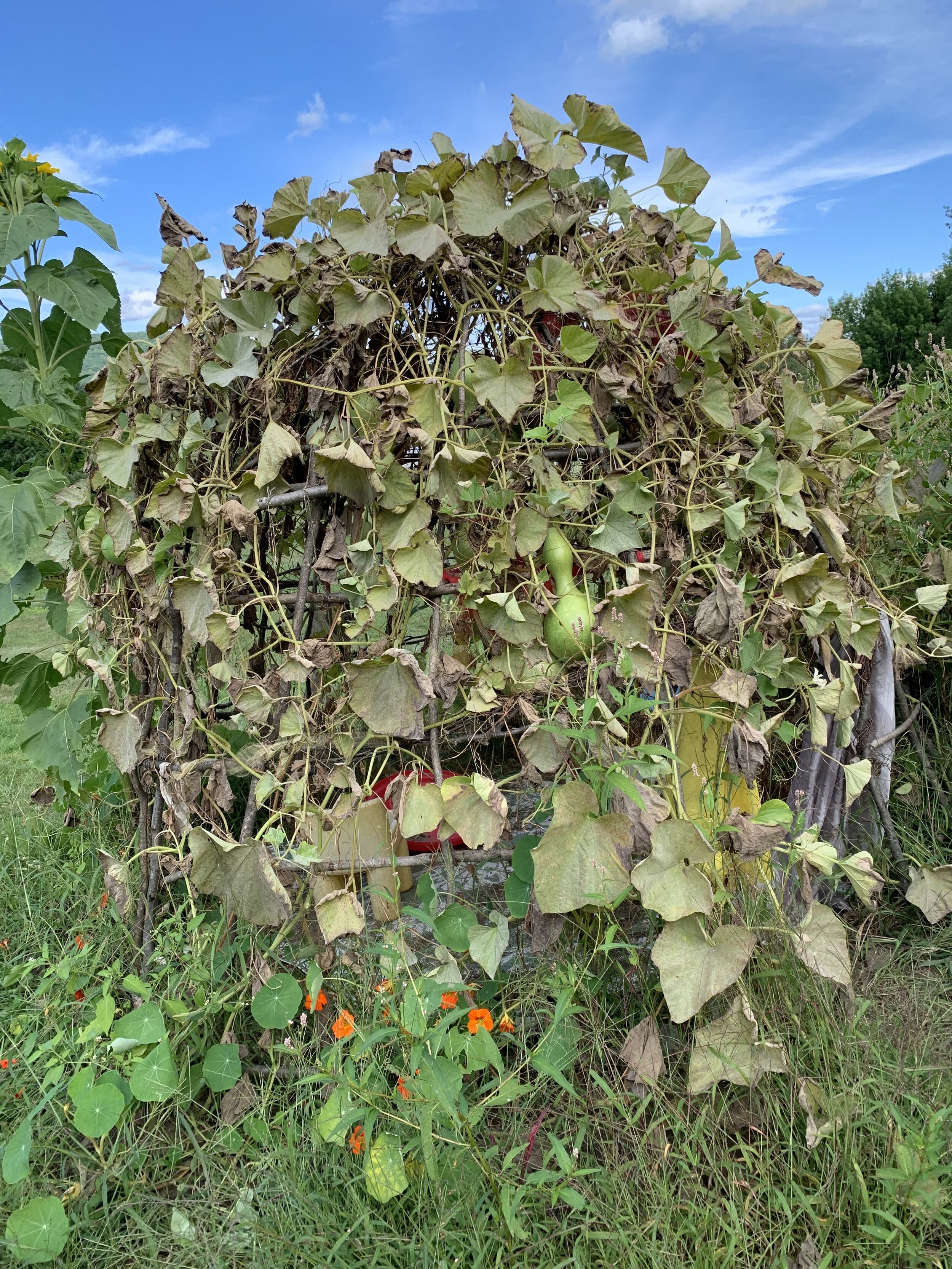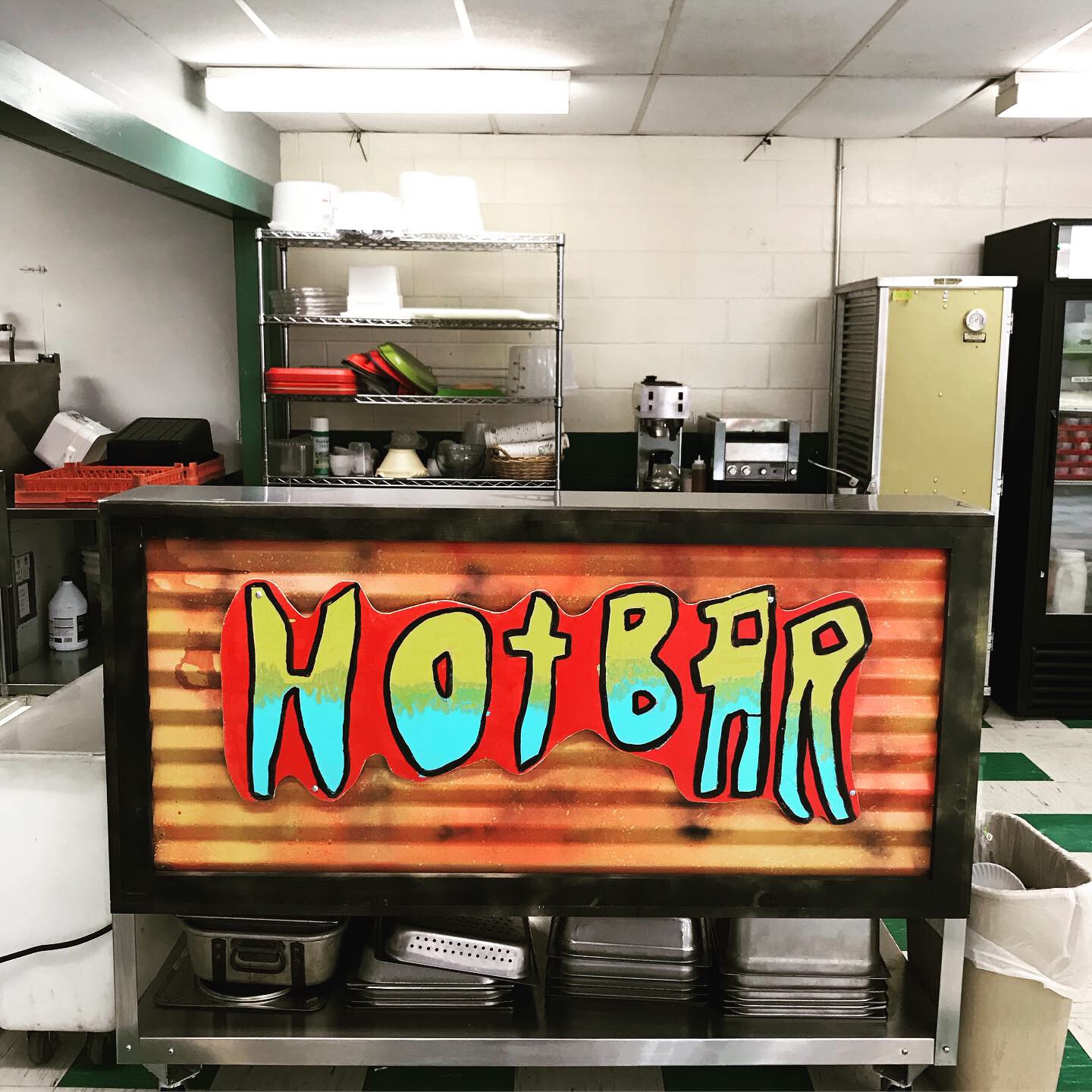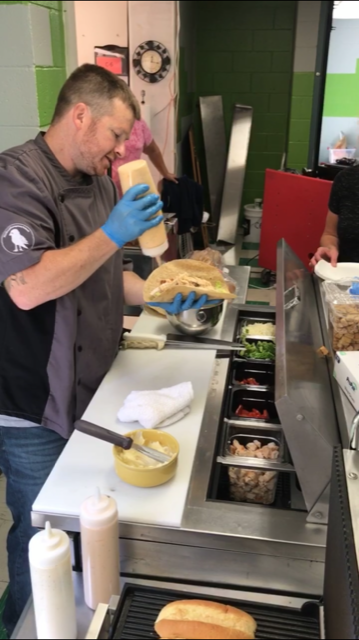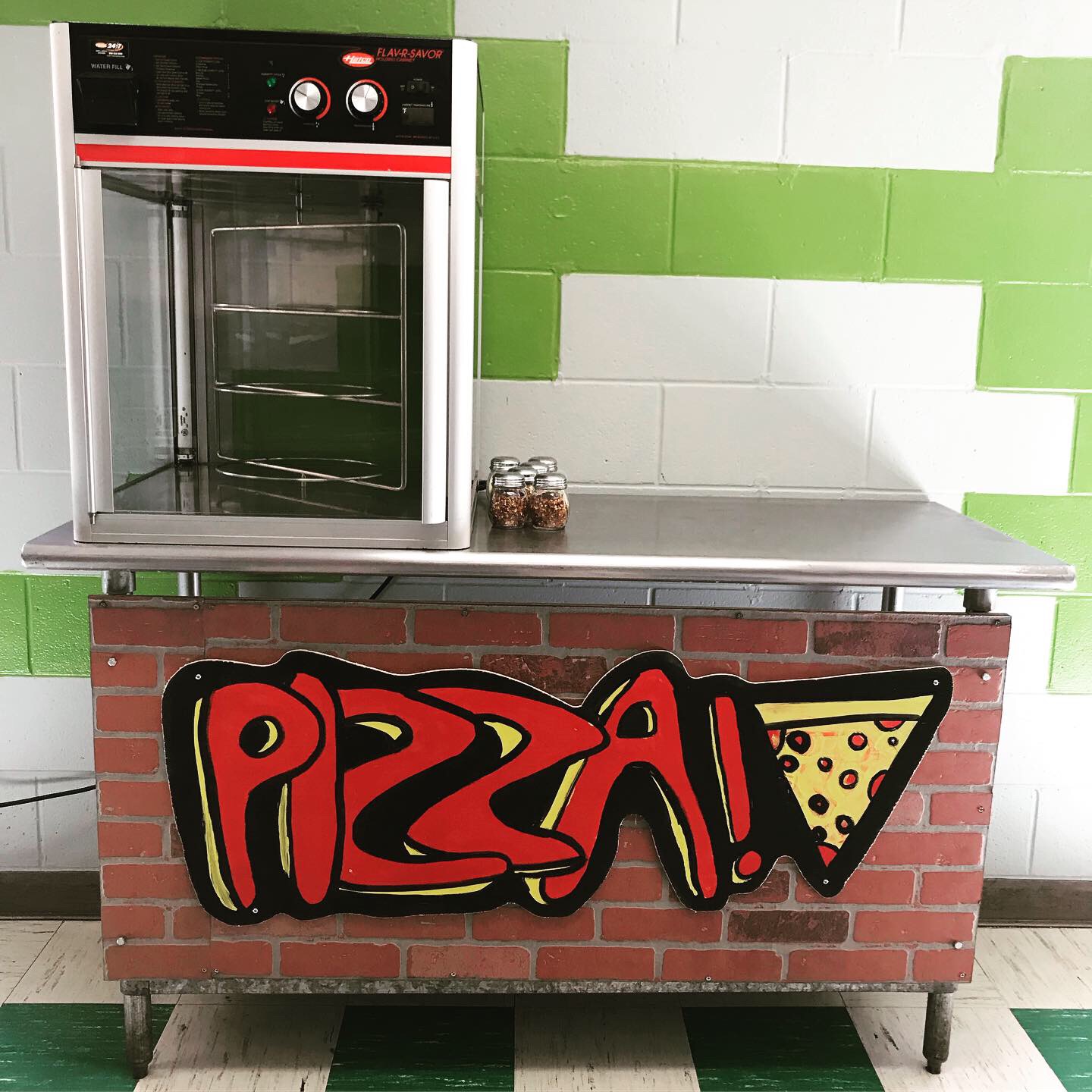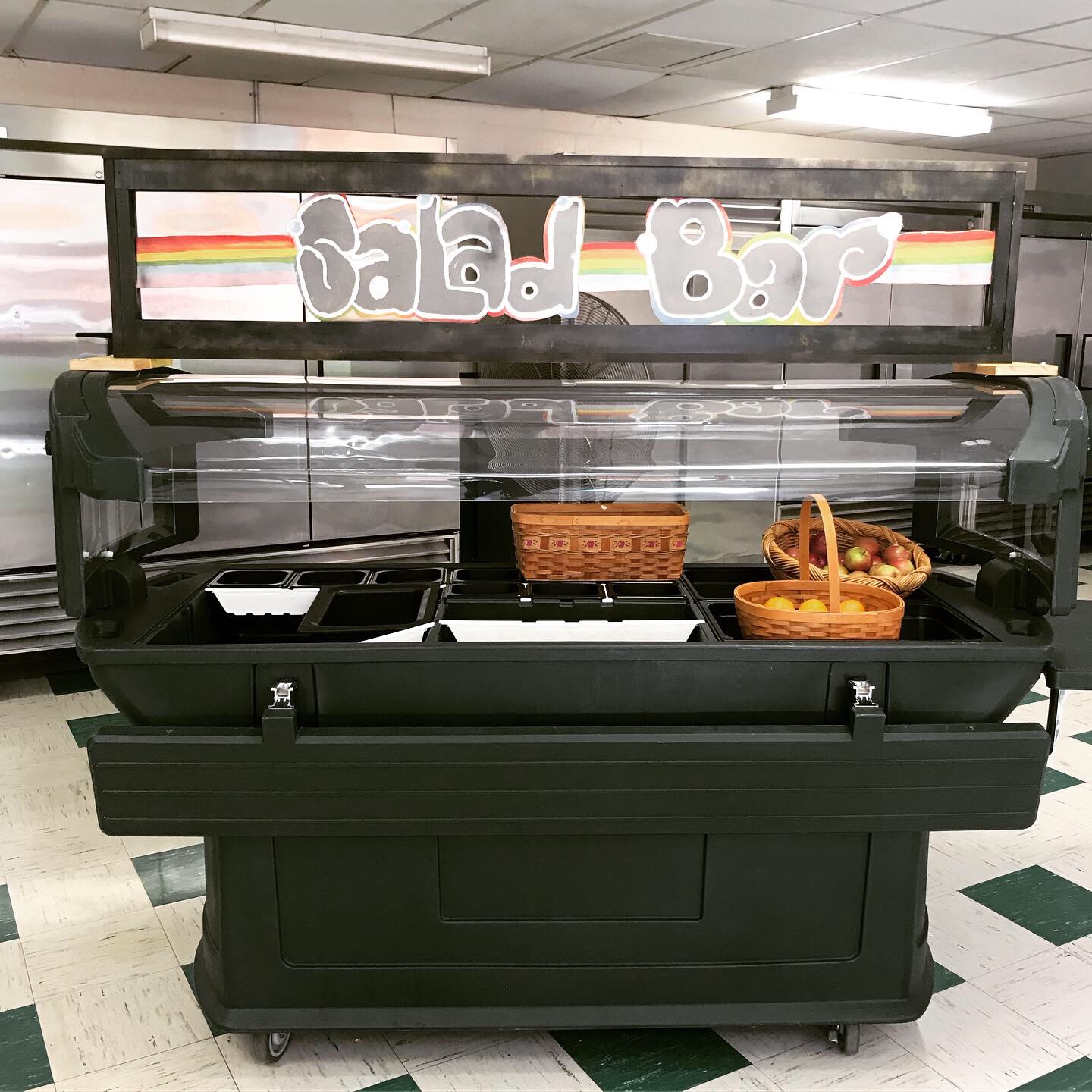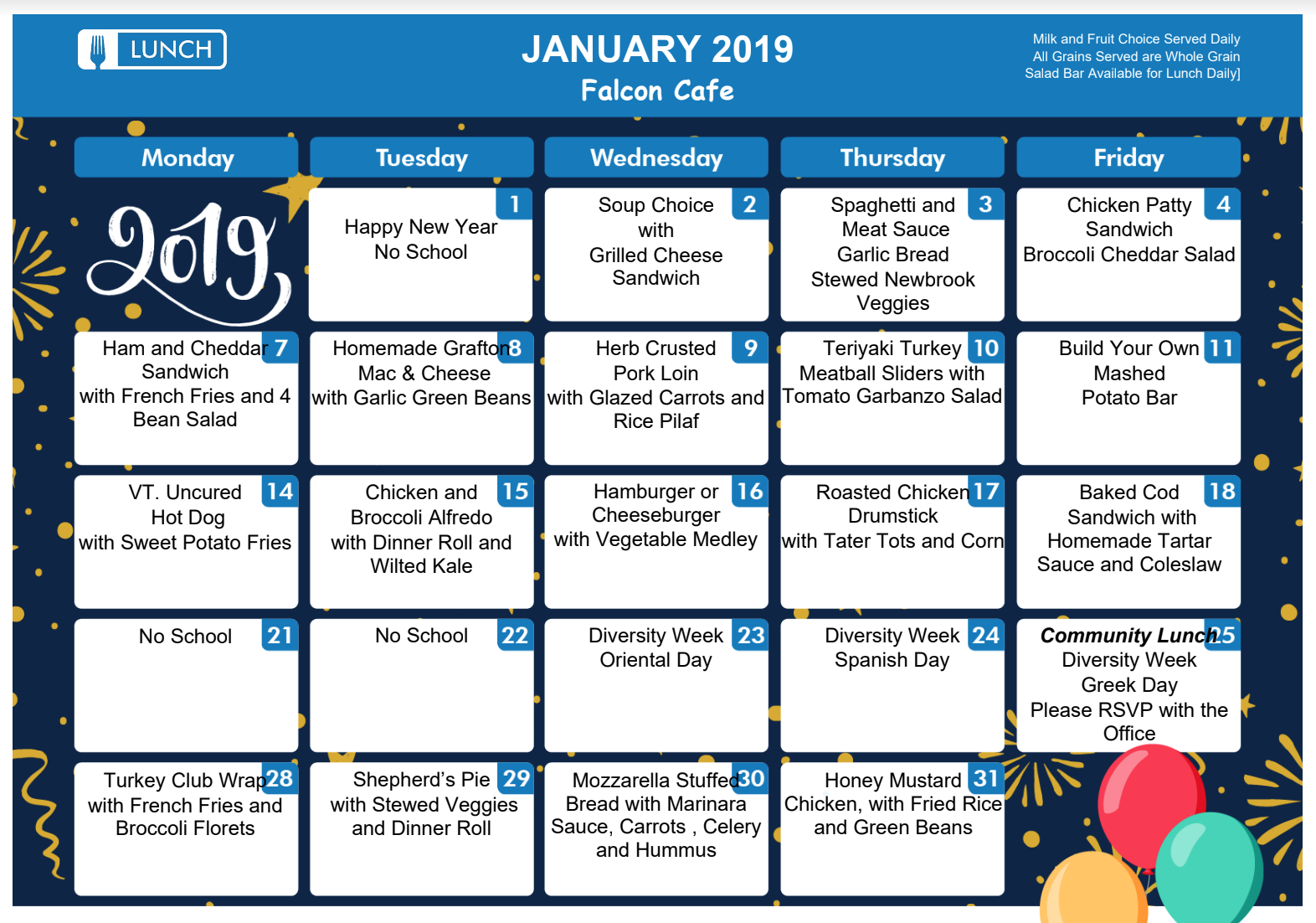Leaves are starting to change and there’s a hint of fall in the air, and during this most unusual year, students are learning and growing in schools and homes throughout Windham County. One of the benefits of working as a Farm to School team coach is that we get to experience the many diverse colors and flavors of back to school throughout the region. Here are a few from schools and districts across the region.
At schools throughout the Windham Southeast School District (WSESD), teachers and students are spending more time than ever in school gardens as they learn to maximize their time outside and use school gardens as outdoor learning spaces.
At Academy School, plans are being made to add a new pumpkin patch where students can grow pumpkins for the school’s annual pumpkin festival. Teachers are working together to see what’s possible in terms of building an onsite composting system as part of hands-on science for 6th grade, and Academy welcomes back Kathy Cassin for her second year in the role of Garden Coordinator. The gardens are looking great, and Food Connects’ summer garden coordinator Tara Gordon froze basil for fall cooking projects with students. The school is hoping to find funding this year to buy 2 or 3 mobile cooking carts to enable them to cook more with students.
Oak Grove School’s garden is bountiful this year with watermelons, tomatoes, acorn squash, Aronia berries, and kale. Normally the school community gathers together each October to celebrate the harvest with a community meal made by students using produce grown in the garden. Instead, this year teachers are getting creative and finding ways for students to enjoy the harvest during their in-person learning days throughout the fall. The first farm to school meeting of the year included conversations about the best recipes for kale chips and what to do with dehydrated tomatoes. Students will make signs for the garden to identify the variety of foods they’ve grown, and thanks to a grant from Blue Cross Blue Shield, garden coordinator Tara Gordon and pre-K teacher Jamie Champney plan to buy more kitchen equipment for the school’s cooking cart.
At Guilford Central School, Sarah Rosow, the Farm to School Coordinator, continues to work with students in the garden. She hopes to grow the garden and replace aging infrastructure—a grant was submitted for new raised beds and more supplies. The Guilford community is busy supporting the school by expanding the outdoor learning spaces. They are constructing two beautiful pole barns and work on their forest classrooms continues.




